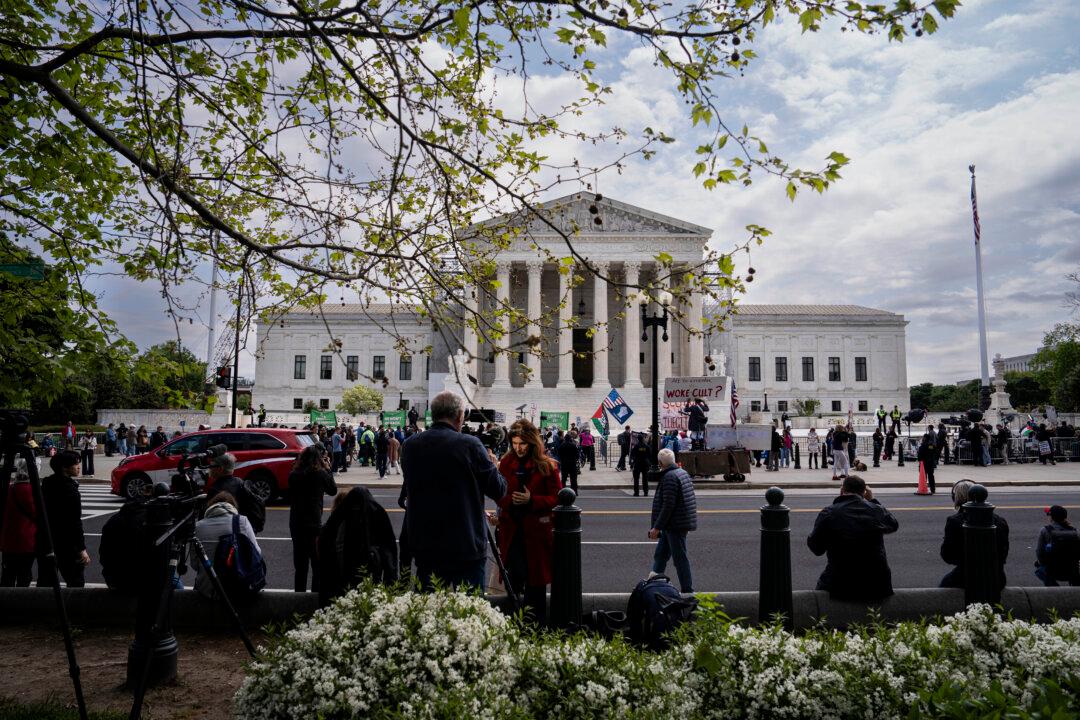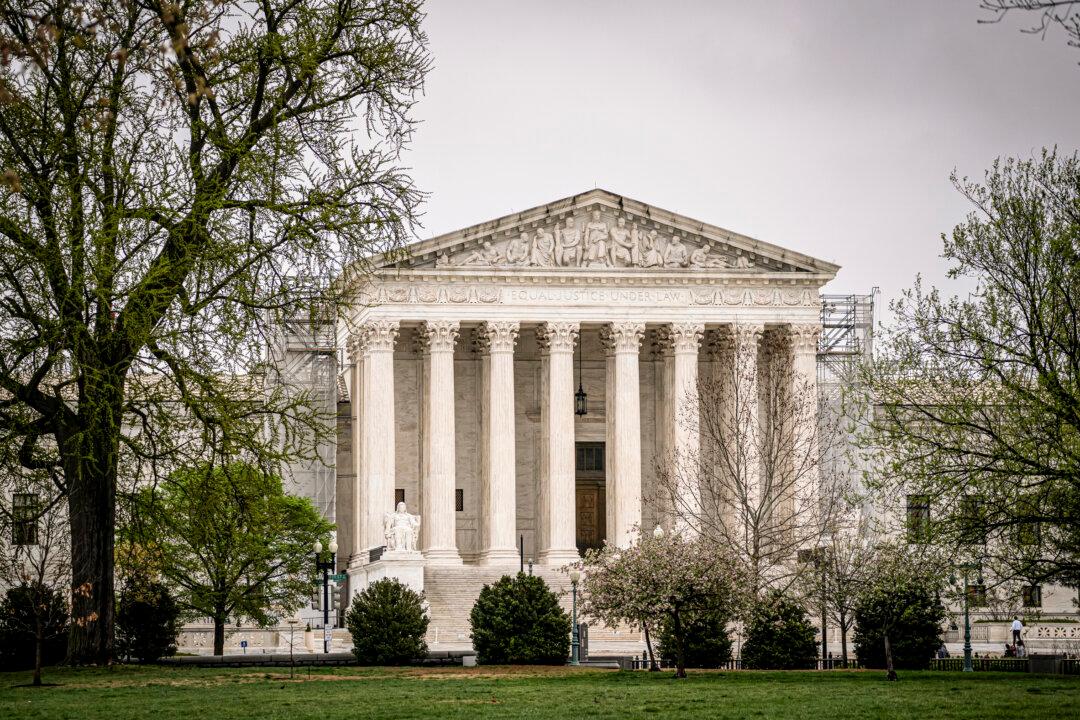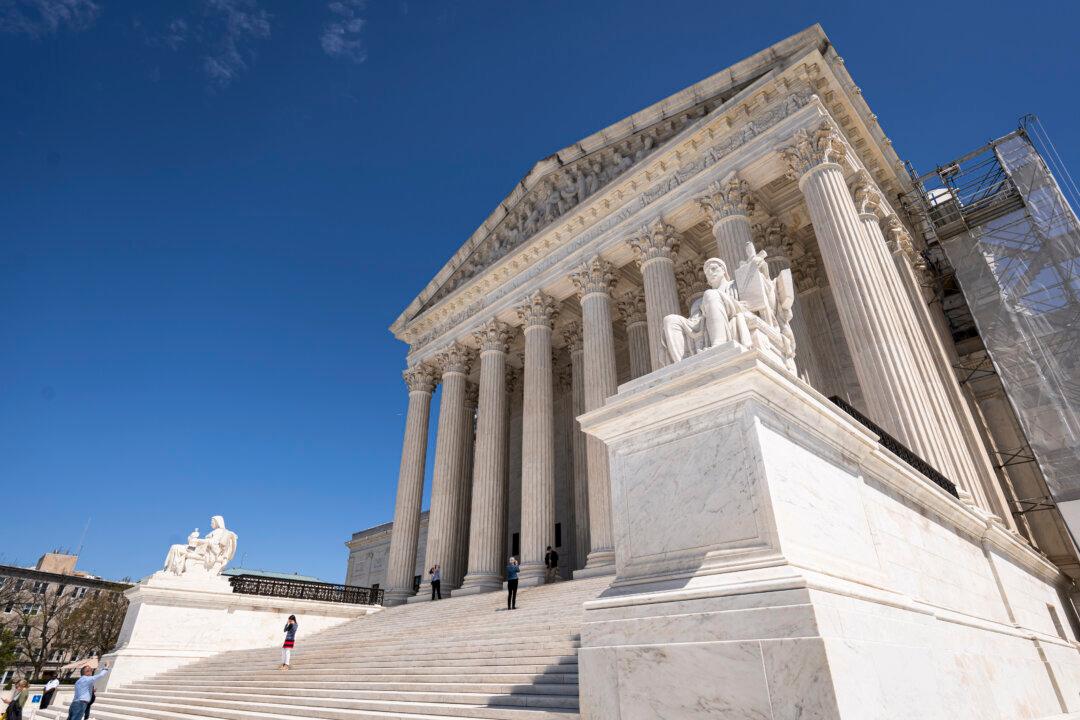On April 3,2006, when Chinese premier Wen Jiabao visited Australia, he stated that China’s foreign exchange reserves stood at US$853.6 billion as of last February. This was the first official confirmation that China overtook Japan to become the world’s largest holder of foreign exchange reserves. According to official figures publicized by the Japanese government, Japan’s foreign exchange reserves amounted to US$850.1 billion at the end of February, 2006.
China’s foreign exchange reserves showed a significant rising trend in recent years, and have more than doubled the amount since 2003. The main reasons for this phenomenon are accelerating influx of foreign investment and a huge amount of trade surplus.
Keeping a low profile to avert trade friction
Foreign exchange reserves are the amounts accumulated through exportation of domestic products. Thus, the sharp increase in China’s foreign exchange reserves has made those countries that have imported huge quantities of Chinese products and that have a trade deficit with China are more concerned about the exchange rate of China’s currency, the Renminbi. Some U.S. congressmen have demanded taking punitive measures to force China to “rationalize” the exchange rate of Renminbi.
China’s trade surplus, foreign exchange reserves, and fluctuations in the value of Renminbi are the focal points of frictions between mainland China and western countries. The Chinese government keeps an unusually low profile about the news that its foreign exchange reserves rank is the first in the world. Nonetheless, Wen Jiabao’s remark in Australia was the first time for the Chinese government to confirm that the amount of its foreign exchange reserves has overtaken Japan and became the world’s largest at US$853.6 billion.
Demonstration of China’s economic imbalance
According to the Central News Agency, despite the Chinese authorities’ holding an optimistic attitude that its foreign exchange reserves rank is the first in the world, scholars and experts are worried about this sharp and rapid foreign exchange reserves increase. Professor Liu Yuanchun at the School of Economics of the Renmin University of China, said that they are two sides of the same coin. For one thing, they indicate that the export-oriented industries will be better off; however, it also reflects the imbalance of China’s domestic development. What’s more important is that China will become the focus of tensions in international trade.
Professor Ding Zhijie at the School of Finance, University of International Business and Economics in Beijing, believes that the steep and sharp increase in China’s foreign exchange reserves since 2002, resulted from the instability between payables and receivable balances. He said, “Nowadays, regulatory authorities and the market have held that trade surplus is also the demonstration of imbalance between payables and receivables. As a result, it reflects the imbalance of China’s economic situation.”
Stephen Green, a senior economist at Standard Chartered in Shanghai, also pointed out that there is a symbolic significance in the fact that China’s foreign exchange reserves overtook Japan’s for the first time, but China’s overall economic scale is far smaller than that of Japan’s at present. It is obviously unusual that the ratio of China’s foreign exchange reserves to its GDP surpassed that of Japan.
Zhuang Tailiang, assistant professor of the Economics Department at the Chinese University of Hong Kong, thought that China’s rising foreign exchange reserves and trade surplus are indicative of China’s robust export trade. But they may bring about pressure from the U.S. and the European Union. In addition, with China’s fixed exchange rate, Renminbi cannot fluctuate according to its economic situation. In a long run, it may also cause trade tensions with the U.S. and European Union.
Chen Xingdong, a board member and vice general manager and chief economist with BNP Paribas Peregrine Securities Co. in Beijing, illustrated: “China’s high level of foreign exchange reserves is not a good thing.” He said that China’s current high level of foreign exchange reserves has made China need to “discharge” its foreign exchange reserves, that is, depositing capital overseas. However, this situation is not good for stimulating domestic consumption, and if it fails to manage the overseas capital appropriately, it may even result in a loss of national wealth.
Chen Xingdong pointed out that China’s “ranking first in the world” in this regard is actually not true, as China is a closed economic system whose capital account is not completely liberalized, and most of its foreign exchange reserves are owned by the central government. In sharp contrast, Japan is an open economic system, and its private sector owns a large amount of foreign exchange reserves, which are not reflected in the government’s foreign exchange reserves.



